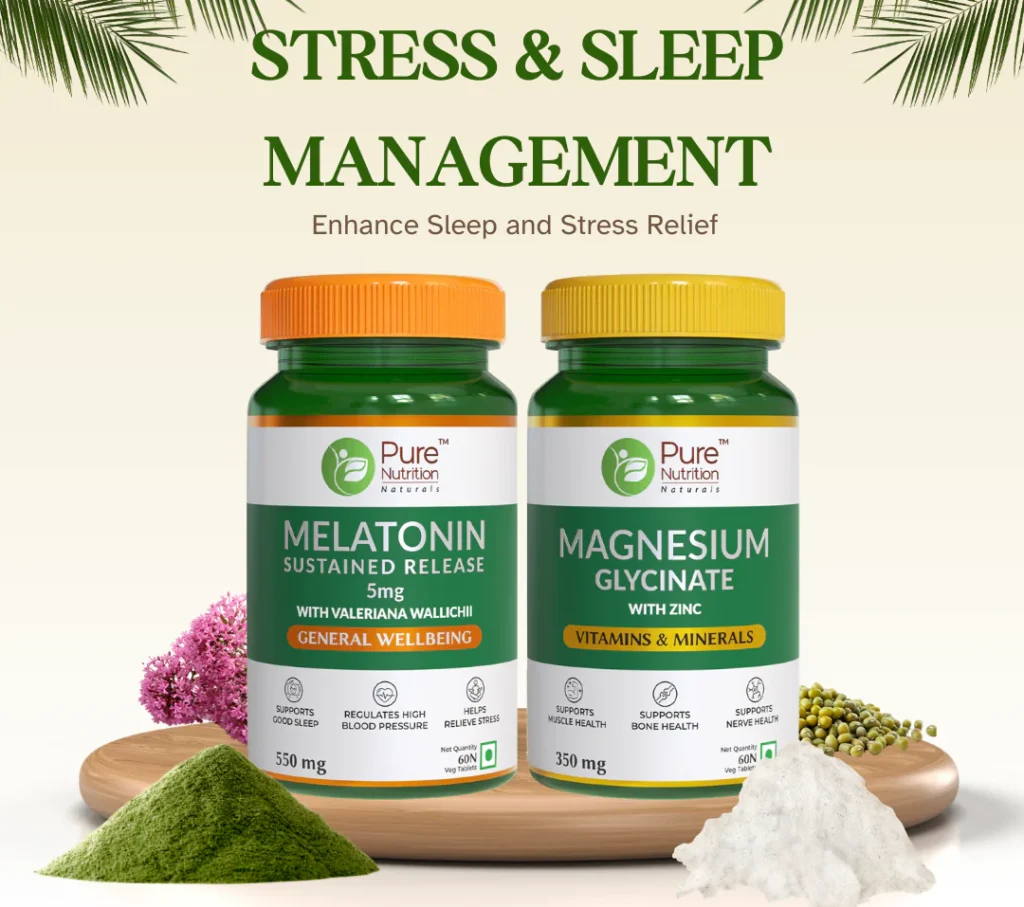In today’s high-pressure world, the demand for quality sleep has never been greater. With stress, late-night screen use, and erratic schedules disrupting circadian rhythms, millions are turning to over-the-counter supplements to reclaim rest. Among them, magnesium and melatonin are increasingly favored for their potential to promote sleep and support neurological health. But despite similar goals, these two compounds work in markedly different ways.
Understanding Magnesium: A Mineral of Many Talents
Magnesium is essential to more than 300 biochemical processes in the human body. From regulating blood pressure and blood sugar to promoting muscle function and heart rhythm, the mineral plays a central role in overall health.
When it comes to sleep and stress, magnesium acts as a natural muscle relaxant. It works by binding to gamma-aminobutyric acid (GABA) receptors in the brain—those responsible for quieting nerve activity. In doing so, it promotes a sense of calm and may help reduce levels of the stress hormone cortisol.
Magnesium doesn’t just help people fall asleep—it can also improve sleep quality over time. But there’s a catch: its effects are gradual. “You won’t notice instant results,” said Dr. Alok Mehta, a Delhi-based neurologist. “It may take consistent intake for several weeks to experience significant improvements in stress and sleep patterns.”
Too much magnesium, however, can lead to digestive discomfort and interact with certain medications, so medical supervision is advised.
Melatonin: The Body’s Natural Timekeeper
Melatonin is a hormone produced by the pineal gland in response to darkness. It signals to the body that it’s time to wind down, playing a critical role in managing the body’s circadian rhythm—or internal clock.
Unlike magnesium, melatonin works quickly. Most users feel drowsy within 30 to 60 minutes of taking a dose, making it a preferred remedy for conditions like jet lag, delayed sleep phase disorder, and shift work–related insomnia.
“Melatonin is great if you need to reset your body’s clock,” said Dr. Reena Kapoor, a sleep specialist at Apollo Hospitals. “But it’s not a long-term fix for general sleeplessness, especially if stress is the root cause.”
Long-term use of melatonin remains a grey area in clinical research. While short-term supplementation appears safe, concerns remain about potential dependency, daytime grogginess, and interaction with blood thinners and anticonvulsants.
Which One Is Better—and for Whom?
Experts suggest that choosing between magnesium and melatonin depends largely on the cause of your sleep disturbances.
- If your sleep issues are stress-related, magnesium may offer deeper relief by addressing the body’s physiological tension and calming the nervous system.
- If your sleep problems stem from circadian disruption, such as staying up late or adjusting to a new time zone, melatonin may provide more immediate results.
Some practitioners recommend combining both supplements in low doses to leverage their complementary effects—though this should always be done under medical guidance.
Final Thoughts
Both magnesium and melatonin have a place in sleep support, but they aren’t interchangeable. Magnesium nourishes the body and eases chronic stress, while melatonin targets the timing of sleep itself. Understanding your body’s unique needs—and the underlying cause of your sleep issues—is essential to making the right choice.
As sleep becomes a luxury in the digital age, the right support may come not from just one pill, but from a thoughtful combination of science, routine, and lifestyle change.


